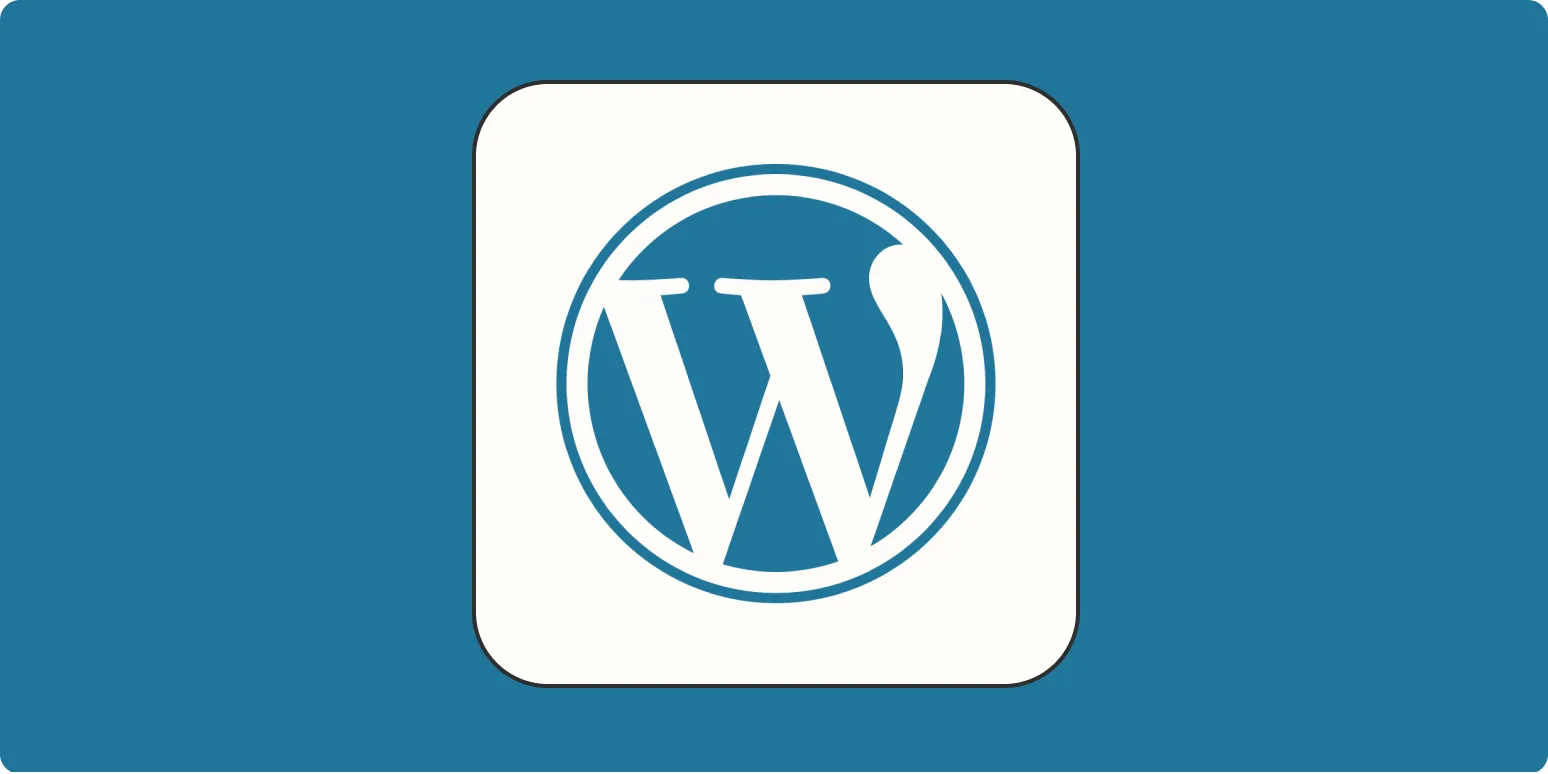When it comes to building and managing a website, choosing the right Content Management System (CMS) can make all the difference. A strong CMS not only simplifies the process of creating and editing content but also enhances the overall user experience. Below, we present a comprehensive overview of the 10 best CMS platforms available today, along with their key features that make them stand out.
1. WordPress
WordPress is the most popular CMS globally, powering over 40% of all websites. Its user-friendly interface, extensive plugin ecosystem, and strong community support make it a top choice. With themes and plugins available for almost every niche, WordPress allows users to create anything from blogs to e-commerce sites seamlessly. Its flexibility and scalability are unmatched.
2. Joomla
Joomla is a versatile CMS that strikes a balance between ease of use and complex functionality. Ideal for developers and advanced users, it offers extensive customization options. Joomla supports multiple languages out of the box and has robust access control levels, making it a suitable choice for social networking sites and e-commerce platforms.
3. Drupal
Drupal is known for its powerful capabilities and flexibility. It is particularly well-suited for complex, content-heavy websites that require high levels of customization. With a steeper learning curve than WordPress, Drupal is favored by developers who need to create sophisticated websites with intricate user permissions and content workflows.
4. Shopify
For those focused on e-commerce, Shopify is an excellent choice. This CMS is designed specifically for online stores, providing all the necessary tools for managing products, payments, and customer relationships. With its beautiful themes and easy integration with various payment gateways, Shopify makes setting up an online shop straightforward and efficient.
5. Wix
Wix is a user-friendly, drag-and-drop website builder that also serves as a CMS. It is perfect for small businesses and personal websites that require a simple yet attractive design. Wix offers numerous templates and features like SEO tools, making it easy for users to optimize their sites for search engines without needing extensive technical knowledge.
6. Squarespace
Squarespace is known for its stunning design templates, making it a favorite among creatives and small business owners. This all-in-one platform provides hosting, domain registration, and built-in e-commerce features. Squarespace’s intuitive interface allows users to create visually appealing websites with minimal effort, while its SEO features help improve online visibility.
7. Magento
Magento is a powerful e-commerce platform that is ideal for businesses looking for a comprehensive solution for large online stores. Known for its scalability and extensive feature set, Magento supports a wide range of e-commerce functionalities, including product management, SEO, and marketing tools. While it requires more technical expertise to set up, its robust capabilities justify the investment.
8. TYPO3
TYPO3 is an open-source CMS that is particularly popular in Europe. It is highly flexible and can handle large-scale websites with ease. TYPO3’s advanced user and group management features make it suitable for enterprises with complex content structures and multiple users. Its extensibility through extensions allows for tailored functionalities.
9. Ghost
Ghost is a modern CMS focused on simplicity and speed. It is designed primarily for bloggers and online publications, providing a clean writing experience and fast loading times. Ghost is built on Node.js, which enhances its performance. With built-in SEO features and membership options, it is an excellent choice for content creators looking for a minimalist approach.
10. Weebly
Weebly is another user-friendly website builder that doubles as a CMS. It provides a drag-and-drop interface, making it easy for users to create and manage websites without any coding knowledge. Weebly is particularly appealing to small businesses and entrepreneurs looking to establish an online presence quickly.
Comparison Chart of the 10 Best CMS Platforms
| CMS Platform | Best For | Ease of Use | Customization | E-commerce Features |
|---|---|---|---|---|
| WordPress | Blogs, Websites | Easy | High | Via Plugins |
| Joomla | Complex Sites | Moderate | High | Via Extensions |
| Drupal | Enterprise Solutions | Hard | Very High | Via Modules |
| Shopify | E-commerce | Easy | Moderate | Built-in |
| Wix | Small Businesses | Very Easy | Low | Basic |
| Squarespace | Portfolio, E-commerce | Easy | Moderate | Built-in |
| Magento | Large E-commerce | Hard | Very High | Built-in |
| TYPO3 | Large Enterprises | Moderate | High | Via Extensions |
| Ghost | Blogging | Easy | Moderate | Basic |
| Weebly | Small Business | Very Easy | Low | Basic |
Choosing the right CMS platform is crucial for your online success, especially when considering factors like ease of use, customization options, and e-commerce capabilities. Each of these platforms offers unique features tailored to different user needs. By understanding the strengths of each option, you can select the best CMS that aligns with your goals and enhances your online presence.
For marketers, utilizing a robust CMS can significantly impact your referrerAdCreative strategies, allowing for better content management and SEO optimization. The right CMS will ultimately empower your marketing initiatives and drive traffic to your site.





